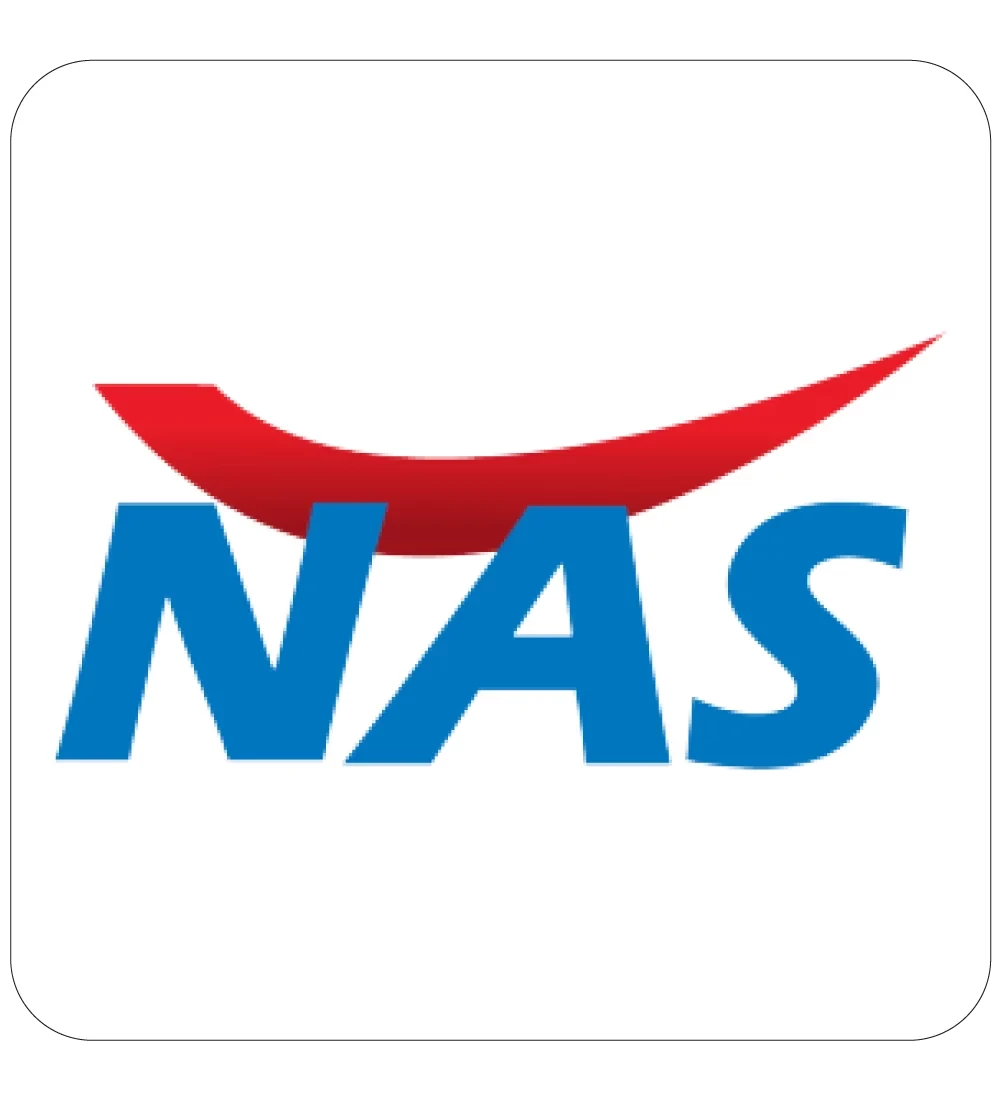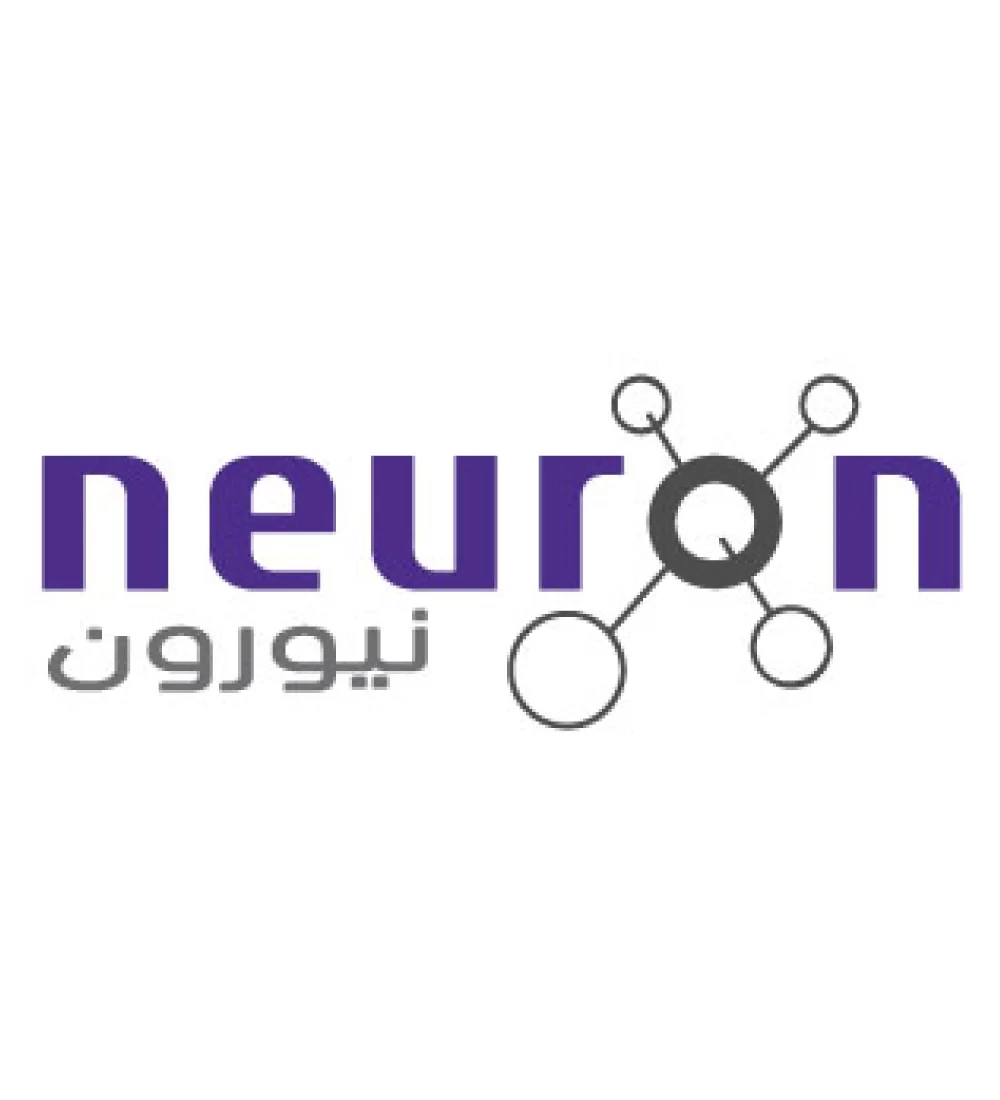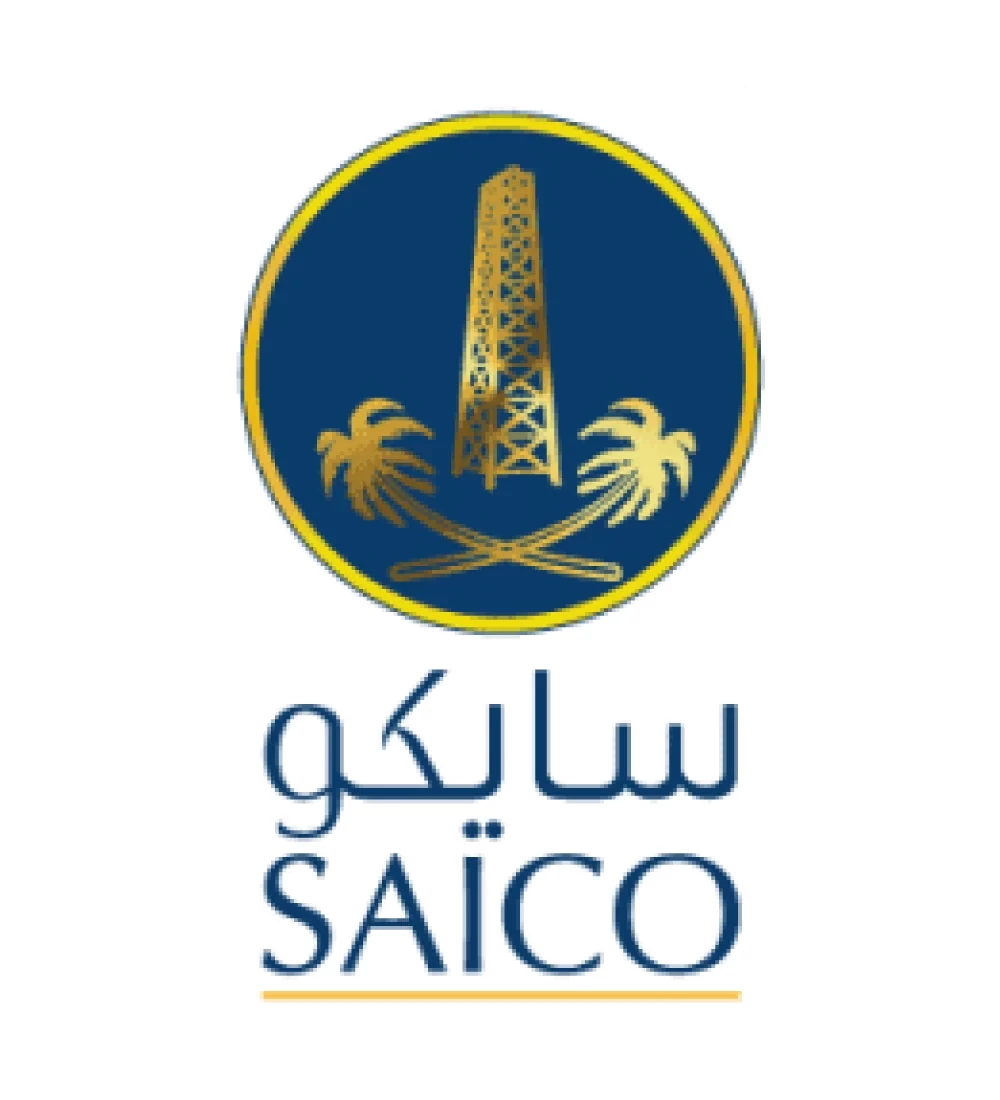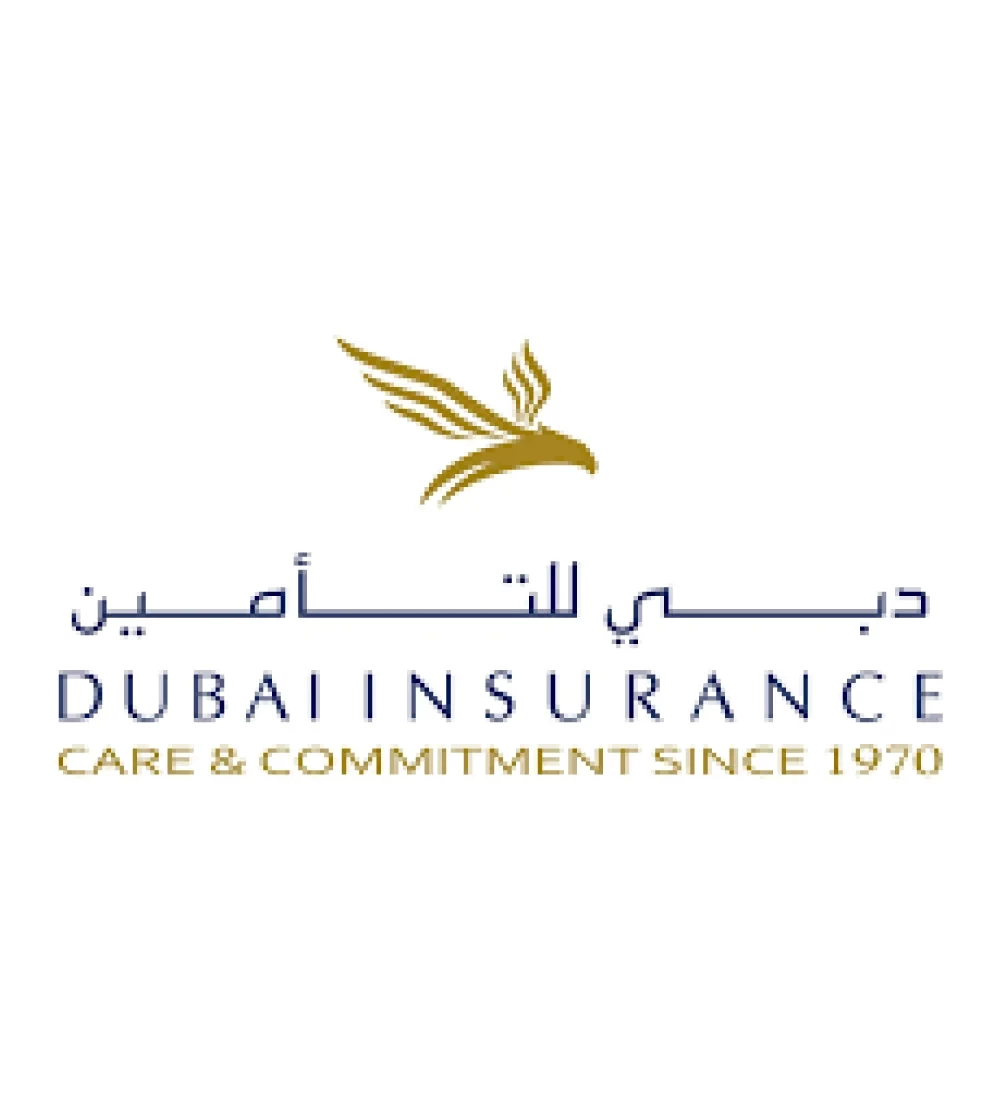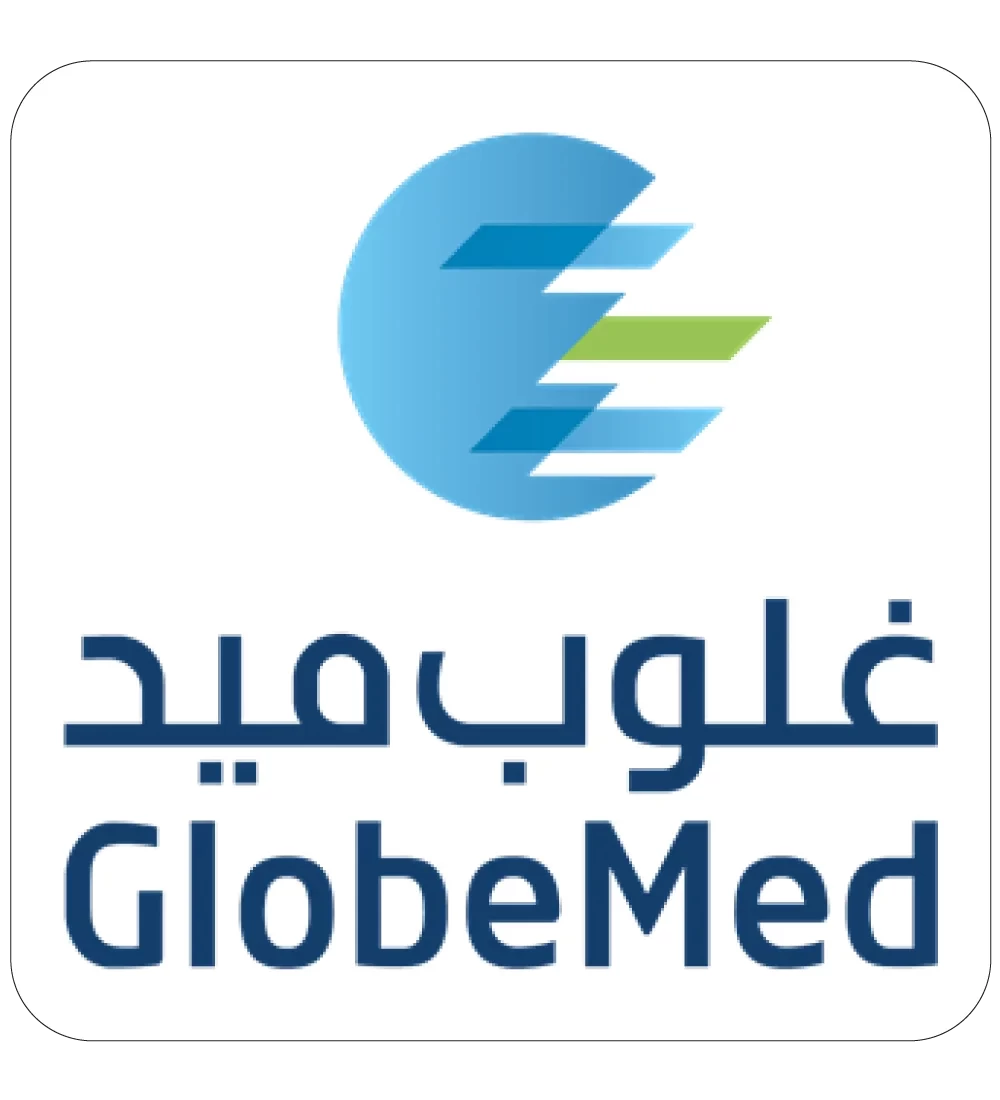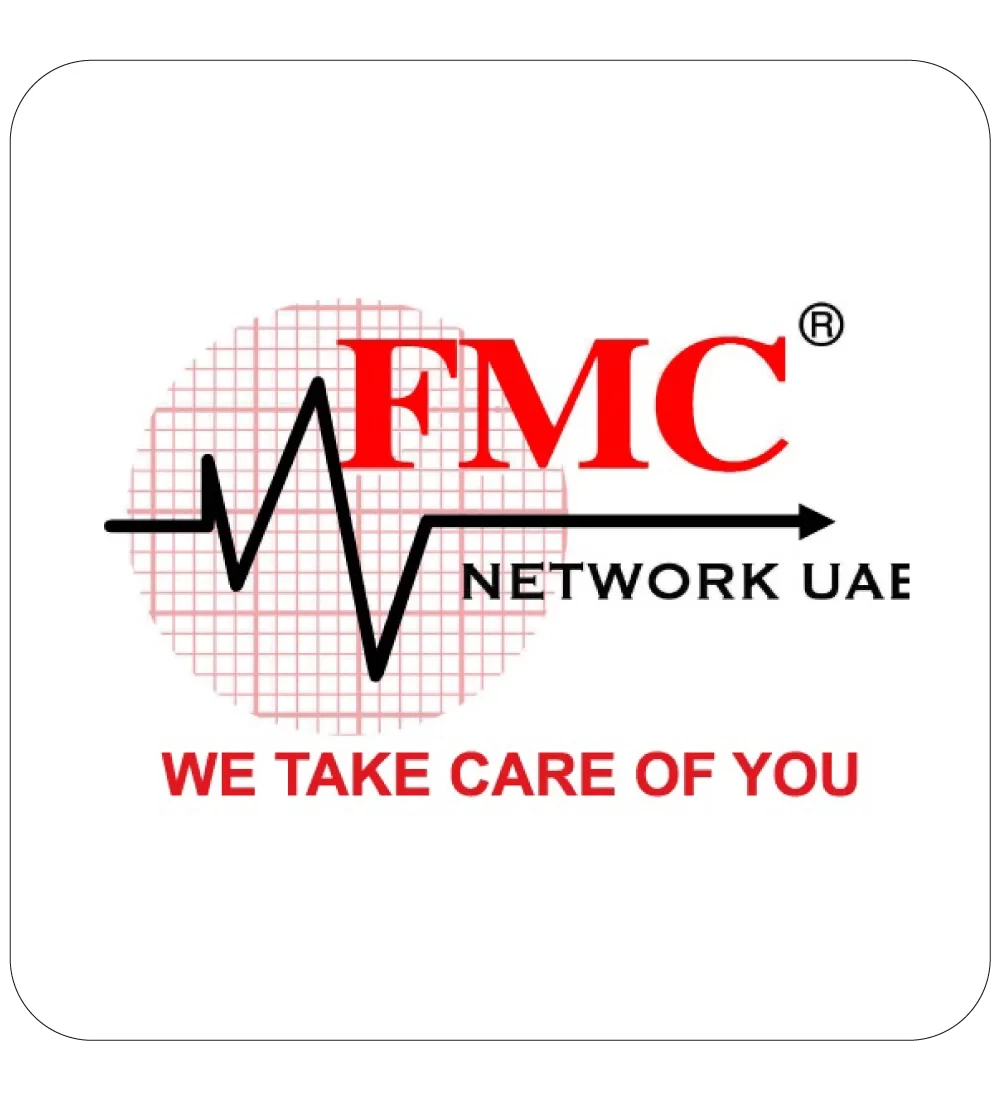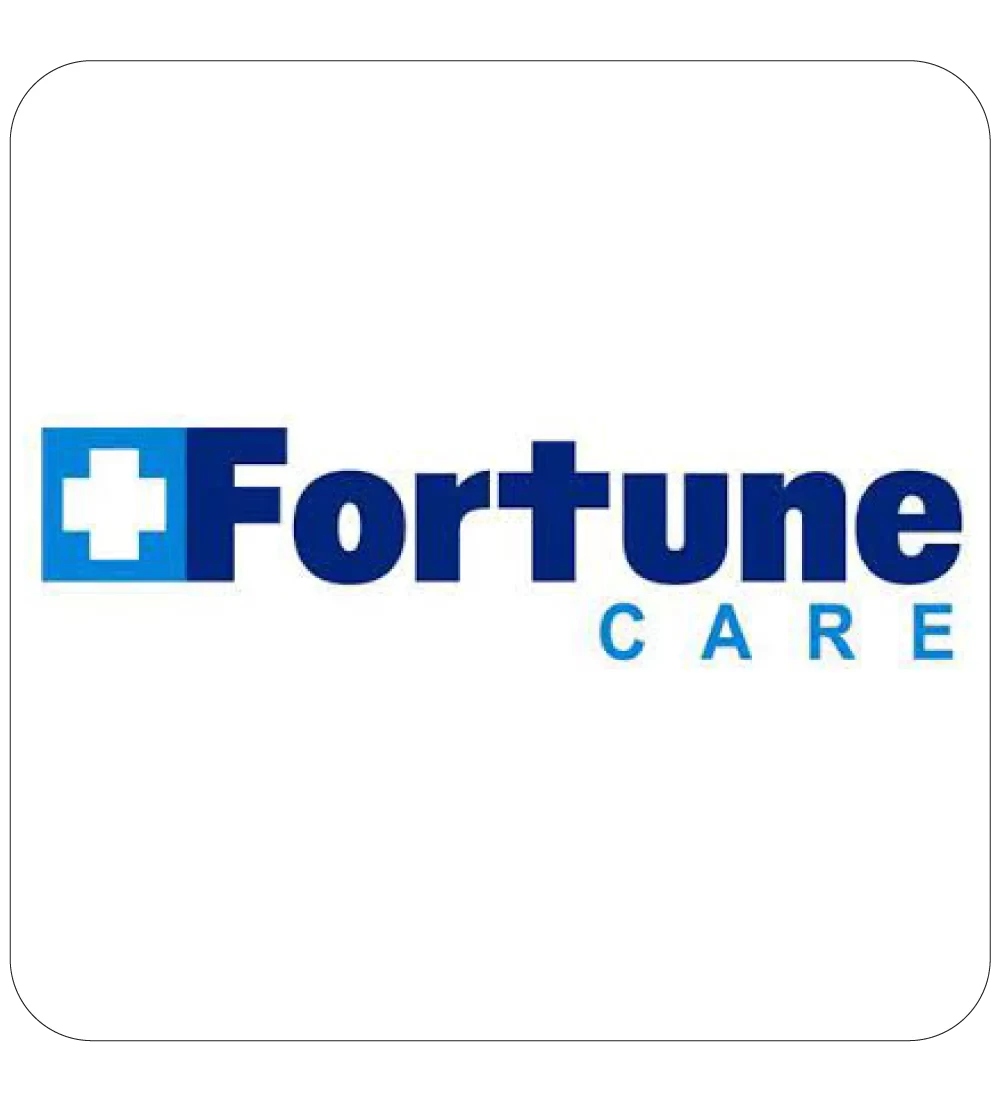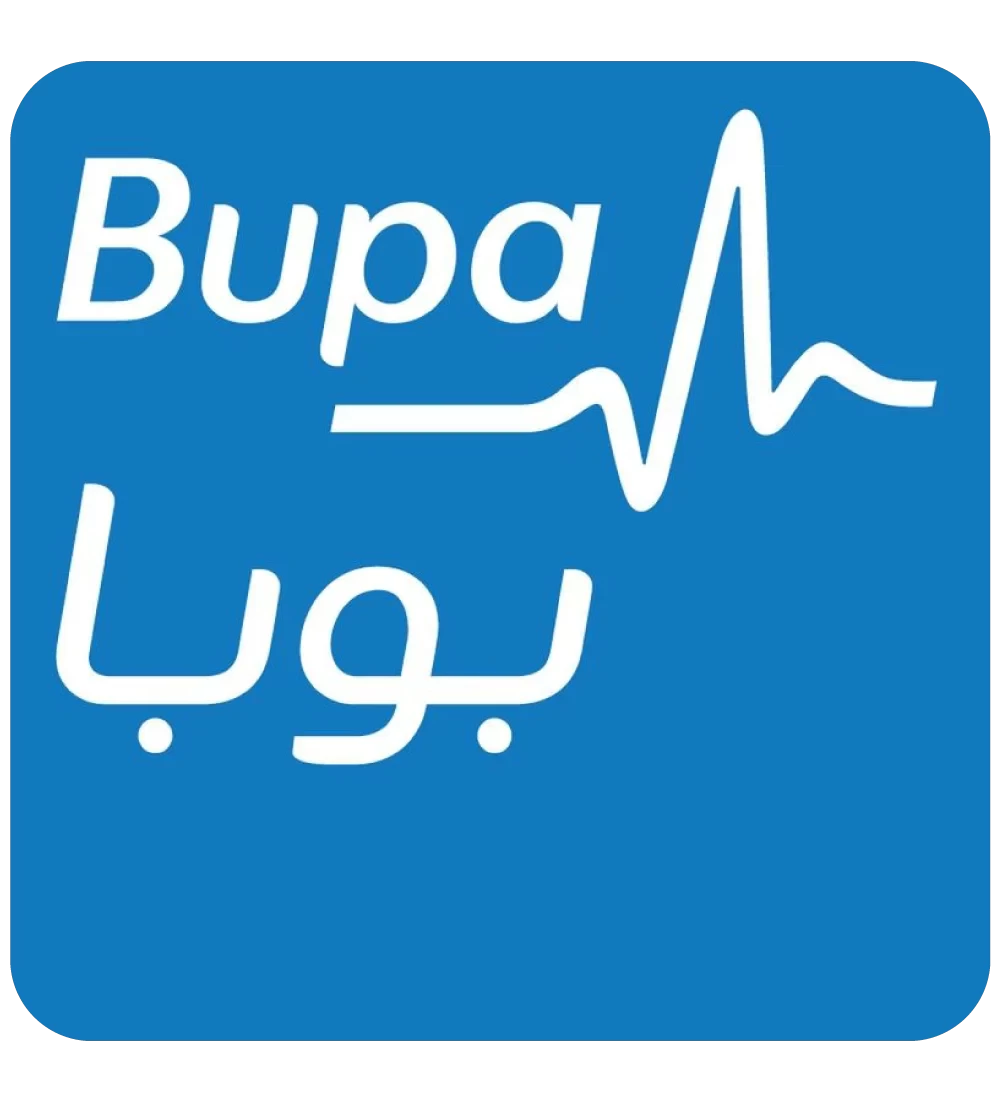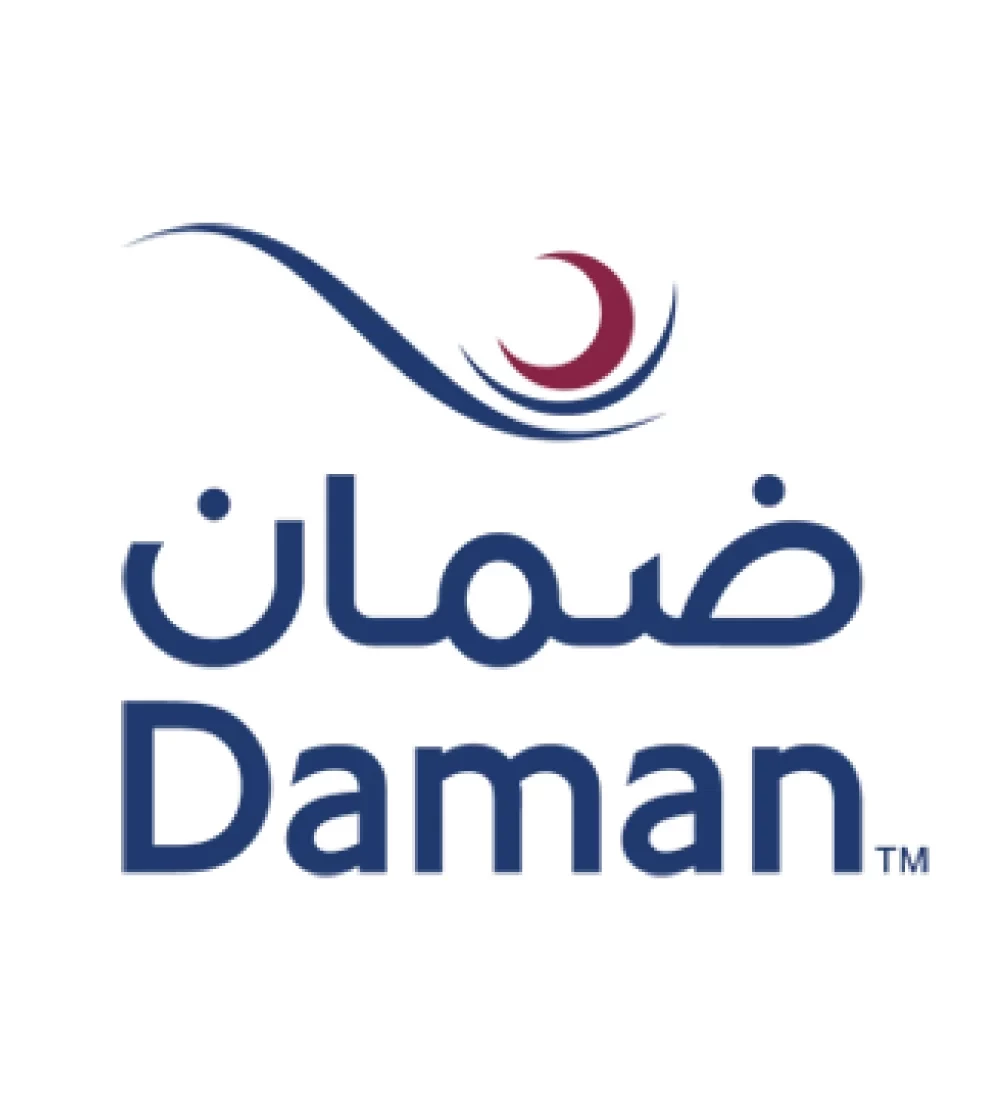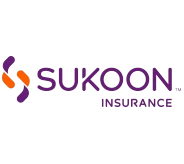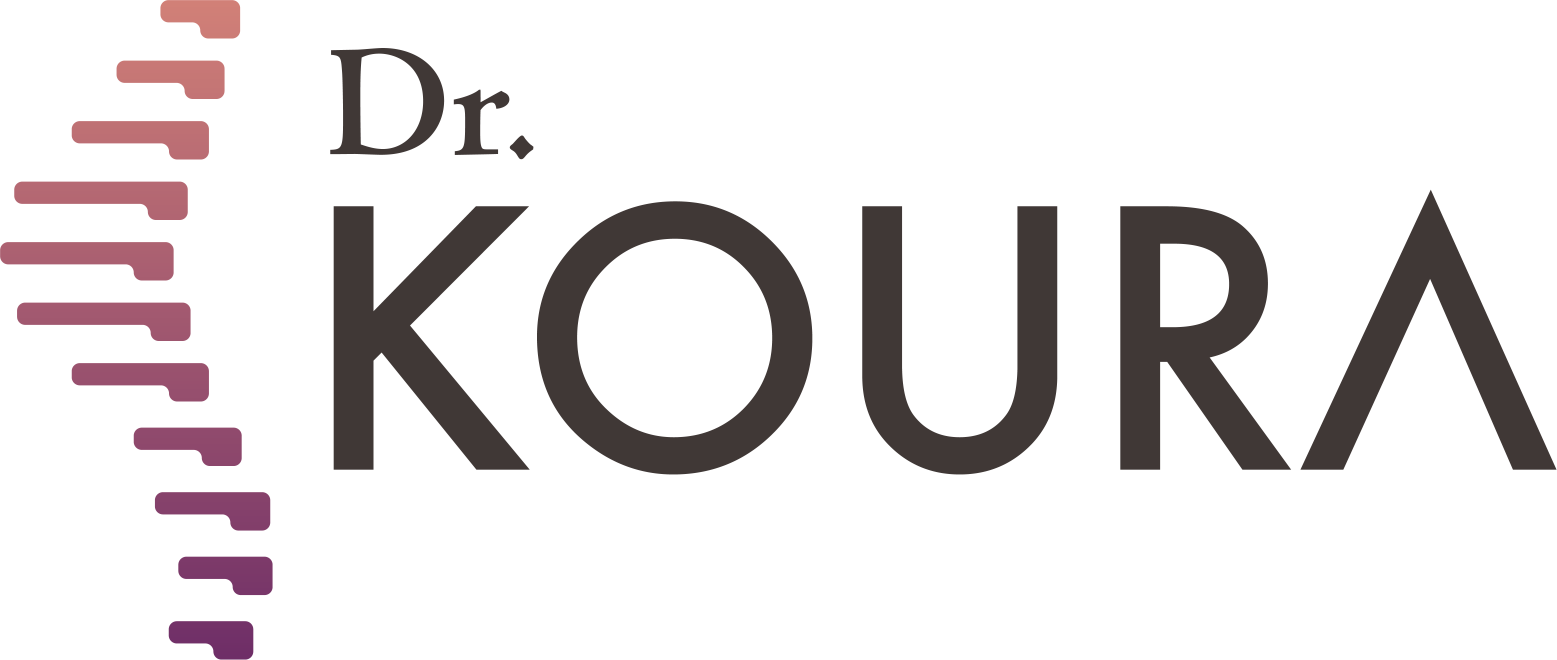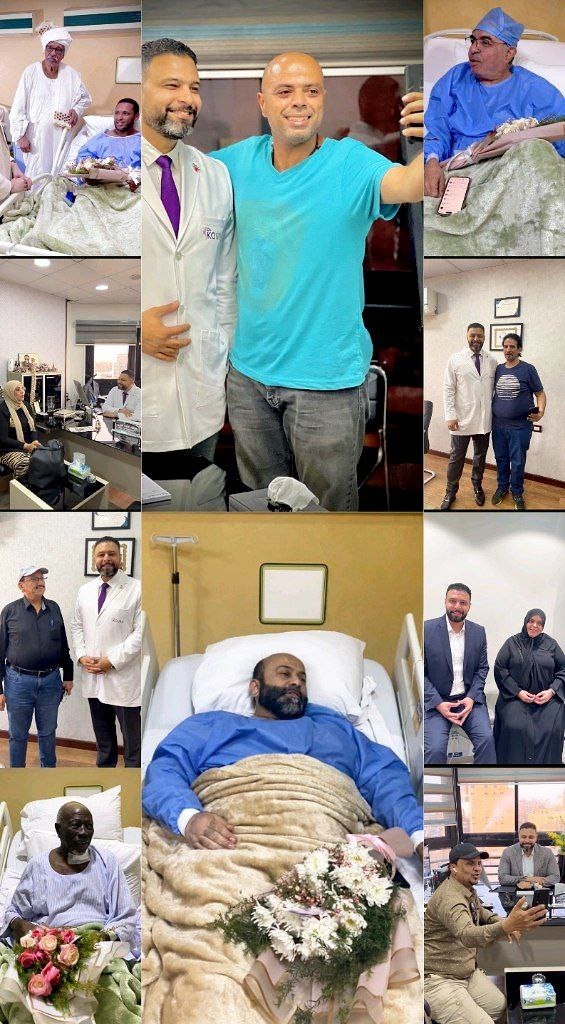
To see patients' reviews
Click hereCartilage symptoms
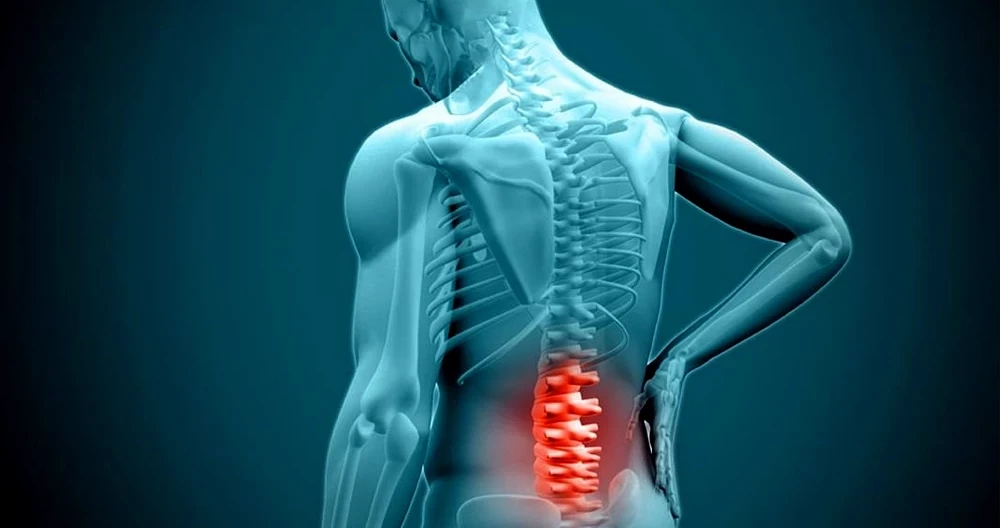

Disc symptoms are among the most common causes of back and spine pain. A herniated disc is one of the most common causes, especially between the lumbar vertebrae. It affects many people of all ages, whether due to physical exertion, prolonged sitting, or even aging. The major problem is that disc symptoms may start mild but gradually progress, affecting movement and quality of life. They may even impede even the simplest daily activities.
In this article, we outline the most prominent signs of disc disease, along with a detailed explanation of the latest non-surgical treatment methods for lumbar vertebrae and disc herniation, as applied by Dr. Mohamed Koura, the best doctor for treating disc herniation and disc inflammation in Egypt and the Arab world.
What is disc?
Cartilage is a flexible tissue found between the vertebrae of the spine. It acts as a natural cushion that absorbs shocks and maintains back flexibility and mobility. However, with age, stress, or injury, a herniated disc may occur. This occurs when a portion of the cartilage tissue slips out of its normal position, putting pressure on nearby nerves. Symptoms of a herniated disc begin gradually, such as lower back or neck pain, numbness in the extremities, and difficulty moving. These symptoms may develop into more severe problems if not treated early.
The most common symptoms of a herniated disc
The symptoms of a herniated disc often appear gradually and vary from person to person depending on the location of the herniation (lumbar or cervical) and the extent of pressure on the nerves. Common symptoms include:
Lower back pain or noticeable stiffness, especially after standing or sitting for long periods.
Spine pain that worsens with movement or bending.
Pain radiating down the leg (known as sciatica), often on one side of the body.
A burning or tingling sensation in the leg or foot.
Numbness or tingling in the toes or sole of the leg.
Weakness in the leg or difficulty walking. In some cases, foot drop may be noted.
Increased pain with coughing, sneezing, or lifting heavy objects.
If any of these symptoms appear, it is essential to consult a disc specialist or pain management specialist to accurately determine the cause and begin appropriate treatment before the condition worsens.
Non-Surgical Treatment of Disc and Herniated Disc Symptoms
In the past, treating disc or herniated discs, especially in the lumbar vertebrae, required traditional surgical intervention followed by a long recovery period. However, with the development of interventional spine treatment techniques, it has become possible to treat discs without surgery, without complications, or an overnight hospital stay.
At Dr. Mohamed Koura's Center, one of the most prominent centers specializing in non-surgical disc treatment in Egypt, we apply more than 12 internationally recognized treatment techniques, the most prominent of which are:
1. Microsurgical Disc Aspiration
This is an effective technique used to treat lumbar disc herniation without surgery. A fine needle is inserted to aspirate the herniated portion of the disc under local anesthesia. This method relieves pressure on the nerves and helps reduce pain immediately.
2. Laser Disc Ablation
One of the latest non-surgical disc treatment methods, laser energy is used to reduce the size of the herniated disc and relieve nerve pressure. It is performed without an incision or stitches, and is suitable for many cases that do not require surgical intervention.
3. Micro-Arthroscopic Discectomy
This is one of the safest procedures, as a micro-arthroscopic instrument is inserted to remove the damaged portion of the disc in less than 30 minutes, without the need for a full surgical incision, with a very rapid recovery.
Advantages of Interventional Non-Surgical Treatment
No general anesthesia required.
Performed in just 30 minutes.
No incisions or stitches.
The patient leaves the same day.
An effective and safe solution for herniated discs and lumbar spine pain.
Why choose Dr. Mohamed Koura?
Dr. Mohamed Koura is considered the best doctor for treating herniated discs and disc inflammation in Egypt and the Middle East, due to his extensive experience and unique scientific and therapeutic excellence. He was one of the first to introduce modern interventional treatment techniques to the region, contributing to a qualitative shift in the field of non-surgical treatment of spinal and joint pain. Dr. Koura offers effective solutions for herniated discs and other disc problems, from accurate diagnosis to treatment. This is especially true for cases suffering from disc symptoms such as lower back pain, numbness or tingling in the extremities, muscle weakness, or difficulty moving—symptoms that can significantly impact quality of life if not treated early and properly.
Book Now with the Best Pain Treatment Doctor
If you suffer from persistent lower back pain, suspect a herniated lumbar disc, or experience disc symptoms, don't hesitate to visit Dr. Mohamed Koura's Center, one of the most prominent centers specializing in non-surgical disc treatment. Minimally invasive treatment has become the ideal option for permanently eliminating pain without the need for surgery or a long recovery period.
At Dr. Koura's Center, we use the latest, globally recognized technologies to safely and effectively treat cartilage symptoms, helping patients quickly and comfortably regain their normal lives. Don't let pain restrict your mobility or diminish your quality of life. Book your appointment today and begin your healing journey toward a pain-free, surgery-free, and pain-free life.
Dr. Mohamed Koura is here to assist you using the latest therapeutic techniques, including thermal radiofrequency and laser treatments for spinal pain without surgery—book your appointment now from here.
Why Choose Dr. Mohamed Koura ?
Simply because he is the best doctor in his feild. He stays updated on the latest treatment technologies through his participation in various international conferences with leading foreign doctors and experts. Finally, and most importantly, Dr. Mohamed Koura is the best doctor in Egypt and the Arab world, possessing 12 non-surgical techniques for treating spinal and joint problems. He was the first to introduce modern interventional treatment techniques in Egypt & the Middle East and is the only one using the disc fx technique to treat spinal pain.
To see patients' reviews
Click hereCertainly not, some cases must be treated surgically, and the most appropriate technique for the patient is determined through a medical examination and the presence of imaging studies.
No, it is necessary to make a reservation through a phone call or social media messages.
There are no risks or side effects associated with non-surgical pain interventions.
The patient needs only 3 to 4 days before they can travel comfortably, and the hospital stay does not exceed 6 to 8 hours.
A condition cannot be accurately assessed and a proper medical diagnosis made without a medical examination and recent imaging studies.
Yes, there are several payment methods available through Visa or electronic wallets by making a reservation on our website.
Certainly, obesity is one of the causes of knee osteoarthritis.
Radiofrequency activates the nerve and does not cause any damage to it.
Non-surgical interventions are a definitive treatment for some cases and pain relievers for other cases, which is determined by the doctor through a medical examination.
If the herniated disc is fully treated, there is a possibility of it reoccurring in some cases, such as not following the doctor's prescribed instructions after the intervention, experiencing an accident, or making a sudden wrong movement like lifting heavy objects.
The entire disc is not removed due to the presence of several risks and it may exacerbate the condition. Only the protruding part that causes pain is removed.
This cannot be done with radiofrequency, but it is performed through other techniques that Dr. Koura conducts.
The success or failure of non-surgical interventions cannot be judged through radiographic imaging because these procedures involve making subtle changes to critical parts to address the issue. Consequently, they do not produce significant changes to avoid potential complications in the future or damage to the spine and joints, which is our primary goal.
Spinal stenosis does not typically cause sciatica. In most cases, disc herniation is what may lead to sciatica. This does not necessarily mean that a patient with sciatica will also have spinal stenosis.
Sciatica may return if the patient does not adhere to the medical instructions provided by the doctor or in the event of an unexpected accident.
Lower back pain can result from several causes, including a herniated disc, nerve compression, muscle strain, or chronic spinal injuries. Lifestyle factors such as prolonged sitting, muscle weakness, and excess weight can also exacerbate the problem.
A life without pain without surgery
Once you book with Dr. Koura
Get rid of pain with just one call.. Book your appointment now with pain Management consultant Dr. Koura.
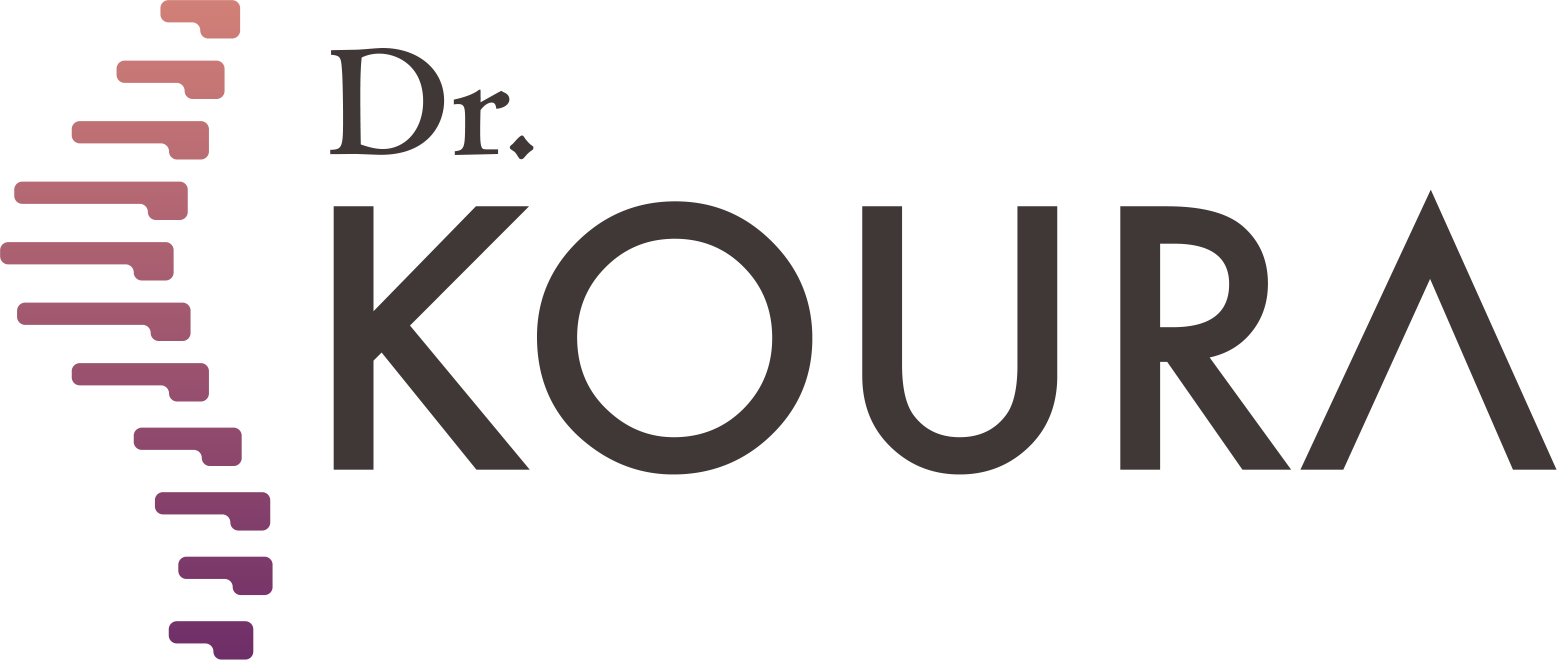





-webp.webp)




-webp.webp)






